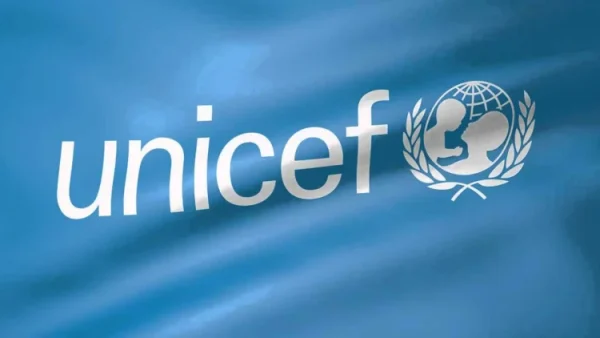The UN Children’s Fund (UNICEF) has raised concerns over Nigeria’s low handwashing rates, with only 17 per cent of the population practicing proper handwashing at critical times.
The UNICEF Chief of Water, Sanitation, and Hygiene (WASH), Dr Jane Bevancommunicated this during the 2024 Global Handwashing Day event in Abuja, themed “Why Are Clean Hands Still Important.”
Bevan said there was a need to establish handwashing as a social norm, highlighting its significance in public health.
“We need to move beyond simply expecting everyone to wash their hands and start holding people accountable when they do not.
“If you see someone eating without washing their hands, call them out, such behavior can lead to illness.”
She urged individuals to become “ambassadors for handwashing” by encouraging others to wash their hands before eating and after using the toilet.
Bevan also called on the members of public to speak up if they saw someone leaving a public restroom without washing their hands.
According to her, Global Handwashing Day is a call to action; urging collective responsibility to make handwashing a widespread practice in Nigeria to improve public health.
The Director of Water Quality Control, Federal Ministry of Water Resources and Sanitation, Mrs Elizabeth Ugoh, said the event was organised under the National Task Group on Sanitation (NTGS) to raise awareness about the importance of handwashing.
She said handwashing with soap was a cost-effective and efficient method to prevent sanitation and hygiene-related diseases.
According to Ugoh, the NTGS, under the leadership of the Ministry, plays a key role in promoting and advocating for the increased adoption of hand hygiene practices across the country.
“These efforts aim to break the fecal-oral transmission of diseases and improve access to hygiene for all Nigerians.
“We believe that this will contribute significantly to improving the nation’s overall health and well-being,’’ she said.
She expressed confidence that the collective efforts of all stakeholders would help establish proper hand hygiene practices in homes, schools, healthcare facilities, markets, places of worship, workplaces and public spaces.
The Global Handwashing Day, observed annually on Oct. 15, is a United Nations-designated day aimed at raising awareness about the importance of handwashing with soap.
It seeks to promote local, national and global actions to foster a culture of handwashing as an effective and affordable way to prevent diseases and save lives.
NAN


